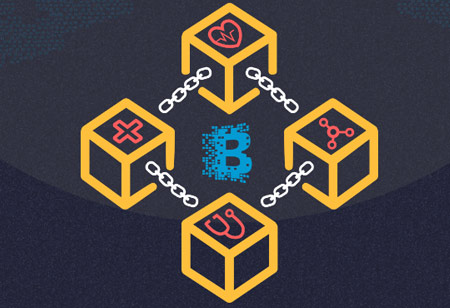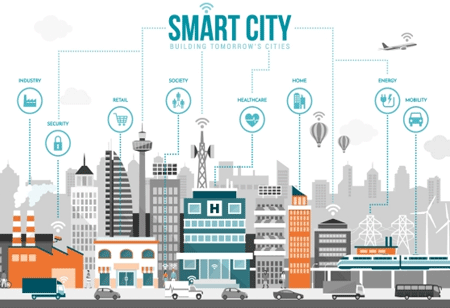THANK YOU FOR SUBSCRIBING
Three Significant Benefits of Blockchain in Healthcare
Blockchain in the healthcare sector facilitates new trends to validate medicines, protect patient’s data, monitor inconsistency, differences in data standards, and create health data interchanges.

By
Apac CIOOutlook | Monday, January 25, 2021
Stay ahead of the industry with exclusive feature stories on the top companies, expert insights and the latest news delivered straight to your inbox. Subscribe today.
Blockchain in the healthcare sector facilitates new trends to validate medicines, protect patient’s data, monitor inconsistency, differences in data standards, and create health data interchanges.
Fremont, CA: Blockchain is one of the most robust and secure technologies, bringing reliability, transparency, and speed to digital transactions. The growing opportunity of blockchain has transformed different industries like supply chain, security, finance, and health.
Blockchain in the healthcare sector facilitates new trends to validate medicines, protect patient’s data, monitor inconsistency, differences in data standards, and create health data interchanges.
The healthcare industry is leaning towards a patient-focused method to streamline the healthcare system by creating a safe and secure environment. Blockchain can collect clinical data throughout various care organizations that a patient has visited and from wearables like fitness trackers and heart monitors.
Blockchain technology enhances the privacy of patient medical records from data breaches and hacking by restricting access. Healthcare institutions are incorporating blockchain through public-key encryption approaches and decentralization to establish data integrity. Here are three benefits of blockchain in the healthcare sector:
Also See: Top Hearing Aids Companies ( Lucid Hearing )
Enhanced Data Quality and Fewer Errors
Blockchain offers a seamless interface to avoid medical frauds and duplicity by automatically identifying duplicate medical prescriptions and provide a clear picture of transactions across stakeholders.
Automate Processes and Low Costs
Blockchain removes the overhead in cross-border payment processing by making sure that the money moved from the account equals the actual money spent. It also automates the transactions by using smart contracts.
Centralized Administration
A significant challenge of the healthcare industry is decentralization. Being non-tangible can result in being hacked and corrupted. Blockchain removes the reliance and links the gap between payers and providers. It also keeps the data focally administered and accessible for an authorized person to access.
Check out: Top Digital Health Solution Companies





